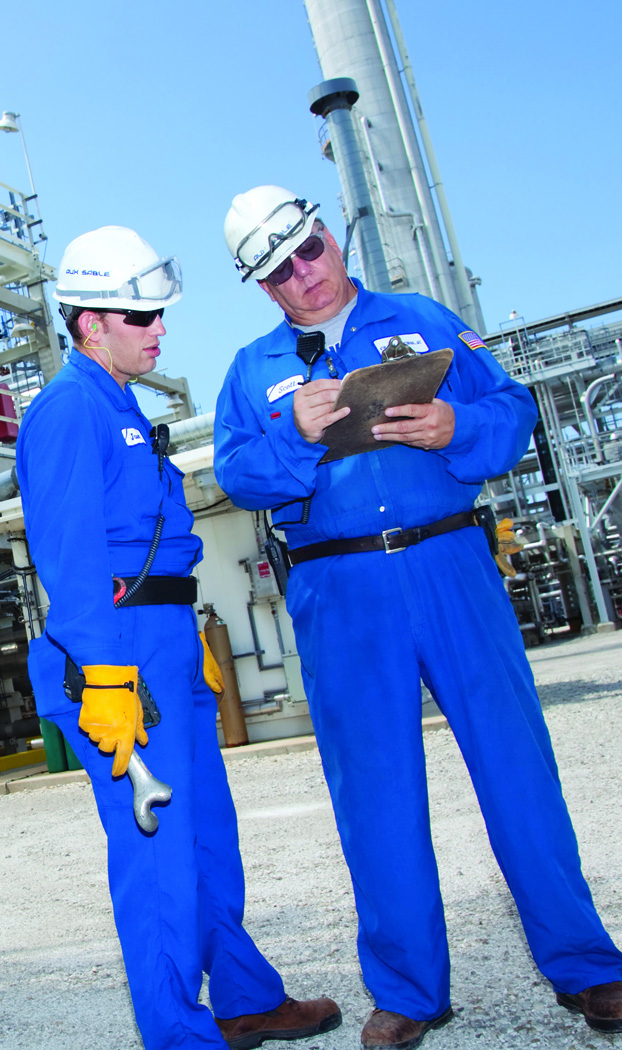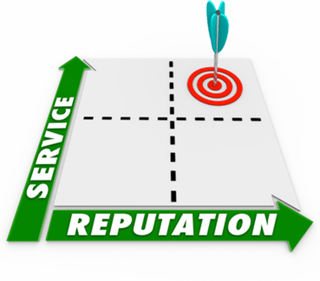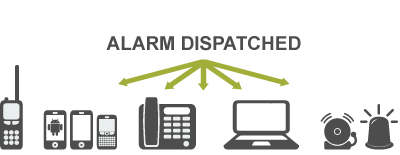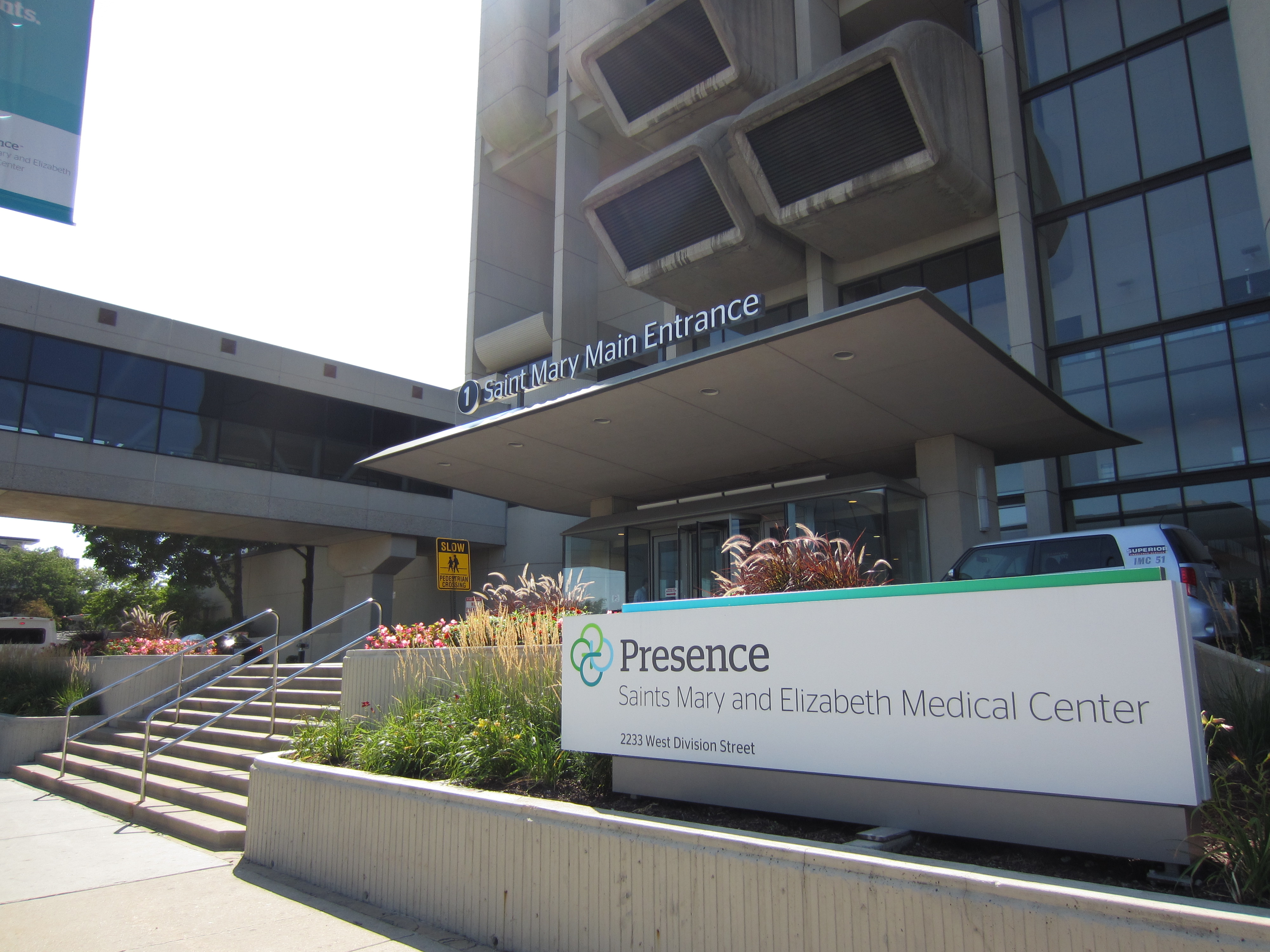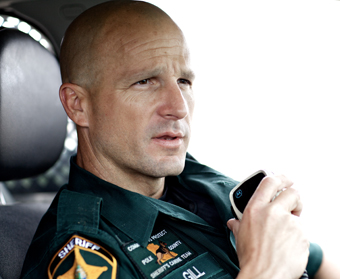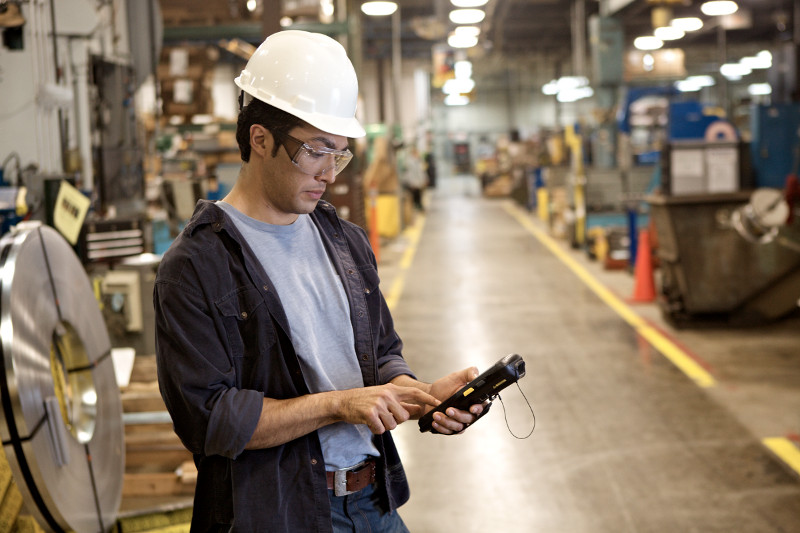"Most people do not listen with the intent to understand; they listen with the intent to reply," wrote Stephen R. Covey, author of the best-selling guide The 7 Habits of Highly Effective People. They're words to live by – and work by, if you're working or supervising in a customer service role.
Rather than just telling your customers what you offer and how you think it will help them, being willing and able to ask them what they need, listening to the answer and discussing how you can work together to meet those needs will set you apart from competitors, particularly those who talk more than they listen.
Listening carefully will give you insight into how customers are using your product or service and help you anticipate their needs in the future. And excellent customer service skills are all about not just meeting, but anticipating the customer's needs.


